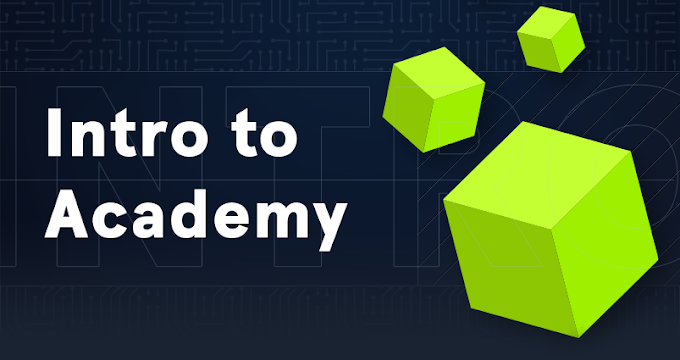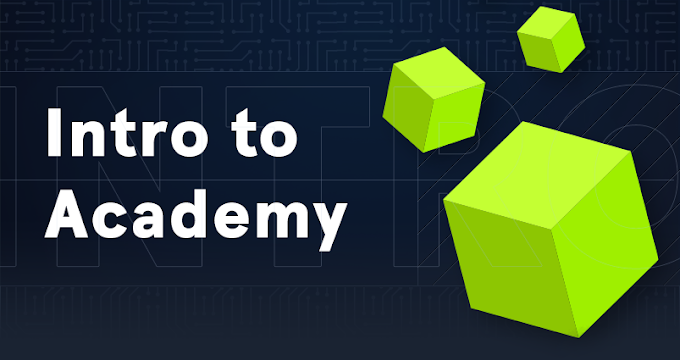Obstacles
Besides all the effective qualities we have come to know so far, many obstacles slow us down or even completely prevent us from reaching our goals, solving specific tasks, or acquiring and mastering skills. These are all factors that prevent us from leaving our comfort zone and daring to try something new.
Fear
People are often afraid of something new, of something they do not know, and cannot evaluate if it could harm them somehow. There are many different types of fear. For us, however, only two are relevant for the time being. First, we need to distinguish between fear in dangerous situations and interpreted fear for the learning process. Fear in dangerous situations is necessary and serves to protect one's own life or those of loved ones. However, interpreted fear belongs to an imaginary state of fear. This means that we can feel fear without us being in a life-threatening situation, which the human body can even signal as pain because the fear is an emotional feeling (and therefore subconscious) that, in extreme cases, can even lead to the malfunction of the heart muscle (Broken Heart Syndrome).
An excellent example of such a fear behavior in human nature, which everyone knows, is the alien movies in which humanity fights against aliens. In most movies, aliens land on earth, and the "relationship problems" start. A more common example is when suddenly someone unknown bangs on our front door. At this moment we are surprised and get scared. After all, we do not know if it is a criminal or someone who needs help.
Imaginary fear is directed at events we imagine with consequences that we calculate. However, there is one crucial aspect that we cannot leave out:
People fear what might happen in the future while not considering the present.
Fear in non-life-threatening situations lies in the thoughts of the 'imaginary' future. In a future that we imagine and imagine ourselves. The more detailed we imagine it, the greater the fear becomes. Will Smith has also reported his experience with the confrontation with his fear.
Imaginary fear is an emotional state that keeps us from having the best experiences and prevents us from moving forward on the desired path. Even if we want to be excellent penetration testers, most beginners are afraid to put their maximum energy into it because of the imaginary fear of failure. This is due to many other factors that we will go into shortly.
However, if we find ourselves feeling such fear, then we should answer the following question in as much detail as possible:
"Which of the mentioned reasons are actually real right now?"
Another factor that reinforces this imaginary fear and makes us think we will fail is our previous failures. One thing we should remember in advance, write it down and hang it on the wall where we can always see it:
The difference between a winner and a loser is that the winner has lost more often than the loser.
Failure is essential to learning and unavoidable. No one has ever acquired a skill without making a single mistake. It is quite the opposite. Our failures are crucial in our learning curve because they give us momentum to climb higher. In doing so, we reach a point where we have been before but already know what to expect at the higher level. This makes it easier for us to master this uphill climb because we have already slipped once at this point and know that we have to take a different path to get higher.
Many people give up here. We can think of it as just sitting there hoping we will get higher without moving. Even if a rope is handed to us from above, which we can use to pass the spot, it will not do any good if we do not move.
Mindset
It is in these situations that our excuses come up, like:
I cannot do this
This is not for me
I do not understand this
etc.
This comes from our mindset and how we think about situations and certain things. The mindset consists of thought processes we unconsciously acquire to avoid difficult situations or efforts. Such thought processes are also formed during our upbringing. For example, a child constantly criticized for their successes and failures will find it challenging to dare try something new. However, the lack of criticism makes the child overconfident, which can lead to misjudgment of their abilities.
A mindset can also be described as a set of different (not only culturally conditioned) beliefs. An example is a belief that eye contact is a sign of interest and openness everywhere. However, in Japan, this is considered an invasion of privacy and is considered rude.
It is advisable to be aware of such thought processes. Once we understand our own way of thinking, we have more information to work with and thus know better what we can or would like to change. For example, when we catch ourselves thinking thoughts like "I cannot," we can easily change them from bad feelings to good feelings.
The only thing we have to do is to add the word "yet."
I cannot do this "yet."
This is not for me "yet."
I do not understand this "yet."
etc.
This has the effect of stimulating our beliefs and thus the mindset to pass this obstacle.
All obstacles and feelings that prevent us from doing so are temporary. These feelings pass, but the goal remains.
Another factor often perceived as an obstacle is comparing skill, talent, and passion. However, we have already learned what constitutes talent.
Talent is a strongly developed skill with high efficiency.
Skill is the ability to manage or solve something well.
Passion is an emotional commitment to a particular area.
If we take a closer look at these definitions, we will see that they are interrelated and mutually supportive and not, as many believe, holding them back. We all have different talents, thought patterns that make some tasks easier to understand and others a little more complicated, skills we learn, and the passion and dedication to achieve the desired goal. All this depends on the goal we want to achieve. Not on the components that help us achieve it.
Pressure
Pressure can also be described as mental stress, the totality of all detectable external and internal influences. Psychological pressures affect people based on a situation. They make demands on their resources. The term "stress" therefore describes a characteristic of conditions and not characteristics of people. In contrast to the term "pressure," the term "stress" describes the non-specific reaction of the organism to any form of pressure. The occurrence of stress requires a sensory perception of the stress-triggering stimulus and a nervous transmission of such a stimulus to a stimulus-processing region of the body. Accompanying symptoms on the biochemical level are usually the release of stress hormones, such as catecholamines, glucocorticoids, and other secretions.
A distinction is made between internal and external influences. The internal influences include the beliefs of our mindsets but also our attitudes. Such an attitude or character trait is always a two-sided sword that brings advantages and disadvantages. One of such traits can be perfectionism, for example, which awakens in us the desire to do everything flawlessly, perfectly, and above all, quickly.
It is challenging to dampen such character traits because they occur unconsciously and are reflected in the form of emotions. For example, if we feel uncomfortable and overwhelmed by a task, we unconsciously think we are not up to the task. Often we also ask ourselves:
Why should we continue with it at all?
Since our subconscious governs it, it is necessary to put our brain into a different "mode," forcing our brain to function differently. A specific category of activity that forces our brain to behave differently is called creativity.
One such creative activity is making music or drawing. The reason is that we force the brain to invent something new. At the same time, we cannot focus on the mindset while developing something new as this requires completely different thought processes than dealing with a task.
If we find ourselves in a situation where we do not know what to do, we can pursue some activity requiring us to do something new. It does not matter what we do, but rather that it requires our creativity.
External influences are what others think and say about us. It can also be that strict deadlines are set for us that we must adhere to. However, it can also be that someone tries to influence us negatively. Many people do this to push their own ego, which has little to do with us and our abilities. Such people often claim to be better at something than we are. However, if we think back to our examples of the mindset we discussed earlier, we can also attach the word "yet" to these sentences and see how quickly we will overtake them.
Knowing that we only feel verbally attacked by people we attribute a high value to is essential. For example, there is a big difference between a stranger on the street calling us an "idiot" and one of our loved ones. So if we think highly of the person or their abilities, we will value their statements highly and often even place them above our own opinions. Otherwise, we care little about what that person says.
We can eliminate external influences more easily than many might think. All we need is our clearly defined goal. If we have such a goal that we follow passionately, hardly anyone will talk us out of it. It is even less likely if we know that we can achieve this goal.
We should remember the following:
Only the person who has taken the exact same journey as you can evaluate you and your decisions. Everything else is only assumptions.







.gif)
